Expertise provided by Tayo Femi-Fowode
Reviewed by Chaster Johnson
What are the Pros and Cons of Value Investing?
PROS
- Lower risk, higher return.
- Guiding principle, you don’t have to be in every stock.
- Value investing grounds your strategy
- You avoid the stock market roller coaster.
CONS
- It takes a long time to compound your money. It’s hard to grow your money if you start off with very little.
- You must be disciplined. You must change your psychology and temperament.
- It’s counter-intuitive to your instincts. It’s tough buy more stock when the market is falling.
What are the Benefits of Value Investing?
Value investing provides a grounded strategy to achieve success in the stock market. The strategy provides a baseline process to assess an investment that is clear and understandable. The mathematics behind value investing is very simple for anyone to understand, and the logic behind the strategy can be universally understood.
Lower Risk, Higher Return
The value investing strategy will achieve higher returns for the risk you’re taking on. This ratio of risk to reward ultimately means you can grow your money consistently. Over the longer term, consistent returns will convert into the highest returns.
Warren Buffett chooses stocks like Coke and Apple that anyone other investor could have chosen. His fortune really comes from consistent growth in the stock market.
Getting Off the Stock Market Rollercoaster
Even though you’re using a conservative strategy, your stocks will rise and fall with the stock market. Your portfolio will inevitably be forced to ride the market’s rollercoaster. However, value investors aren’t emotionally on the rollercoaster too. Value investing grounds you and keeps you from panicking when the market gets volatile. This is because as a value investor you have buy and sell targets, so a dip in the stock market is an opportunity to buy more!

What are the Disadvantages of Value Investing?
Value investing is a slow process, and you will not get immediate feedback that your strategy is successful. It will take years for your strategy to make a return, and once you start to make a return, you need the willpower to continue holding.
The Money isn’t Fast
The biggest con against value investing is that it takes time. This is a huge hurdle for new investors with a small amount of capital to start with. The average stock market return is about 10% annually. With value investing, you may be able to outperform the market and make 15% a year. However, if you only start with $10,000 as your initial investment, it will take 33 years to reach $1 million at a 15% rate of return.
There is also no guarantee your thesis is correct. Black swan events occur that will decimate your investment for years to come. Or worse, it may take years for you to find out your investment decision was incorrect. There was a mistake in your analysis. Maybe you overlooked a competitor that was threatening your company. These risks can be mitigated with proper, upfront, analysis. But you always run the risk of tying up capital for years on an investment that will not make money.
You must really believe in yourself.
Tayo Femi-Fowode gives a great example of questioning ones investment decisions. A graduate of Columbia Business School, even Tayo questioned his decision making when an opportunity presented itself:
“So I was analyzing an oil and gas company during the Covid 19 pandemic. This stock was completely out of favor and completely mis-priced. But no matter how good the numbers looked, I wasn’t comfortable buying the security, so I bought the bond. The Bond went up 40%. The oil and gas stock went up 600%. So, even though my analysis screamed this was a great buy, I didn’t have the guts to go into the equity side.”
Is Value Investing Better than Trading?
Value investing is better than trading in the following ways:
- You lower your volatility. Trading traditionally has a higher short-term reward, but also higher short-term losses. Value investing ignores the stock market roller coaster ride.
- The cost of your time is all upfront. When you research stocks, you spend a lot of time research the investment before you buy the company. But once you’ve paid that upfront cost of time, you spend considerably less time watching the stock market. Traders must continuously watch the stock market.
- Value investing flows with the market. The stock market is favored to go up in value over the long run. Traders must play the market in the short term regardless of which direction the market is going. When the market is falling, a trader may still need to earn a profit through bearish derivatives.
Tayo Femi-Fowode had a great analogy for value investing and stock trading:
“Traders must go in and out of trades. The way I think about it is a military general who is always going to battle. But maybe he’s so good he hasn’t yet lost a battle. He doesn’t run from the battle; he runs to it. So, you haven’t lost… yet, but statistically, the more you go out to fight, the more you expose yourself to a devastating loss.
As a value investor, you don’t go in and out of the market, so your exposure to a loss goes down. You’re doing a few battles a year while the trader is doing hundreds of battles a year.
From my point of view, I’d rather be diplomatic and not go to battle. Even though I think I can win, I don’t really want to put myself in risk over and over again. And that risk management is how you win the war.”
Is Value Investing Difficult?
Value investing is easy to learn, hard to sustain, and difficult to master. Value investing is great for beginner investors because the concepts are intuitive and the math is simple.
Value investing is difficult in terms of your discipline. It boils down to your psychology and your temperament.
Can you really buy a company, see it go up, and continue to hold while you let it go up. As a value investor, yeah, that was what you expected. But can you also see a company go down, and think it’s even better than where you bought it for, and double down? That practice is counter intuitive. When it goes down, everyone wants to go out. When it goes up, you want to sell instead of hold.
It is difficult from the self-discipline standpoint. Many investors struggle with it. It’s really hard to double down on a company that halved in price. If you’re not convinced in your own analysis, it’s really hard to add to your position. But that fundamentally is what you do as a value investor because when the stock plunges, that’s where the value comes from. That’s when you need to buy.
Finding the Value Created by a Business
At Columbia Business School, they taught a value-based strategy. They would ask “where can the business create value?”
Some of the ways a business can create value:
- Increase the willingness of the customer to pay more. This may be due to higher quality or a lack of supply.
- Reduce the willingness to supply. Your suppliers cut their price just to work with you. So, when you find a security that’s selling below its worth, you must find out why.
- Do they just have bad managers?
- Is the entire industry in decline?
- Is the company just mispriced because the company is out of favor.
For stocks selling above their intrinsic value, you have to investigate why:
- Can they command more premium.
- Do they have superior managers.
- Do they have a moat around what I do?
The key is to discover what their sustainable competitive advantage is.
The Bottom Line
Value investing is great for investors that have the patience to wait for their investments to grow and the self-confidence to believe in their stock analysis. Value investing has lower volatility than trading and is also less stressful. Once you buy your stocks, you let them sit for years.
https://youtu.be/Je0_kbxQHis



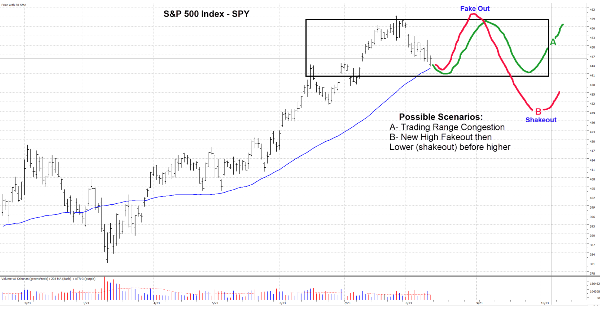

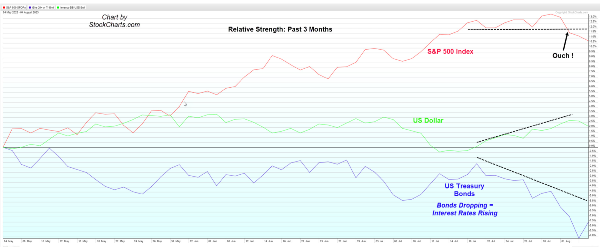
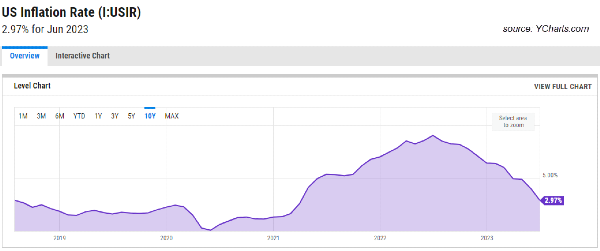

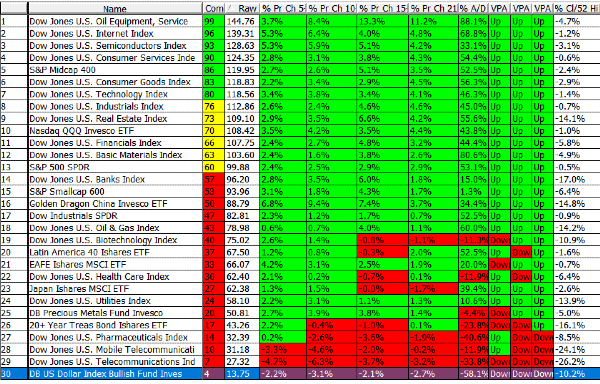
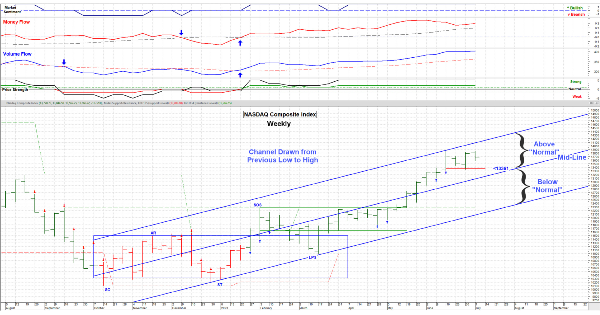
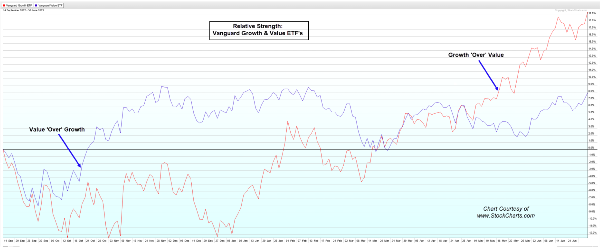
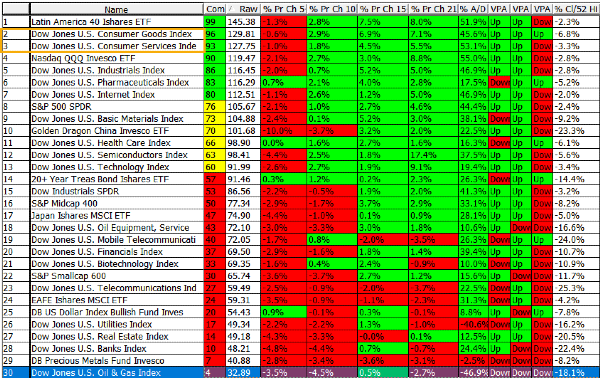
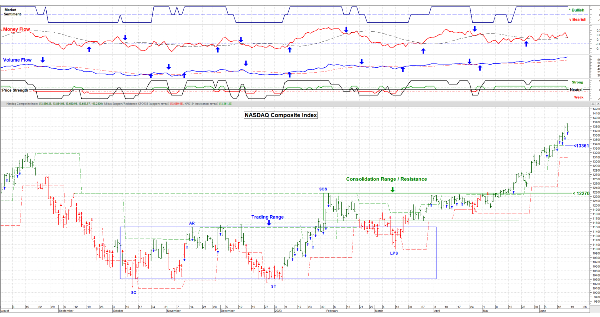
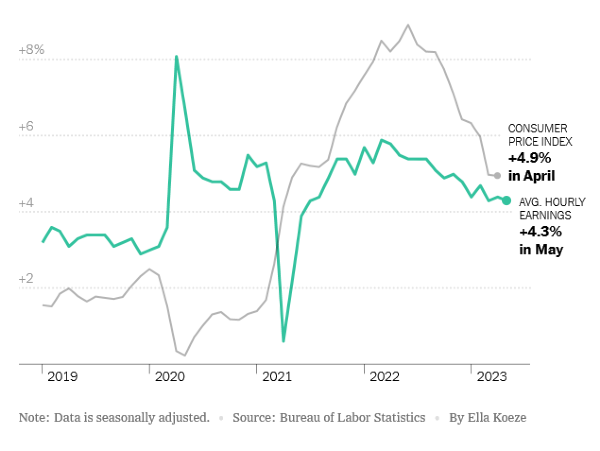
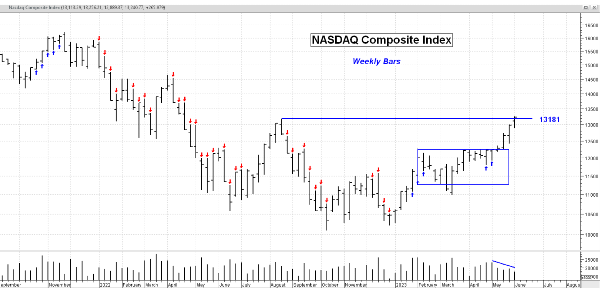
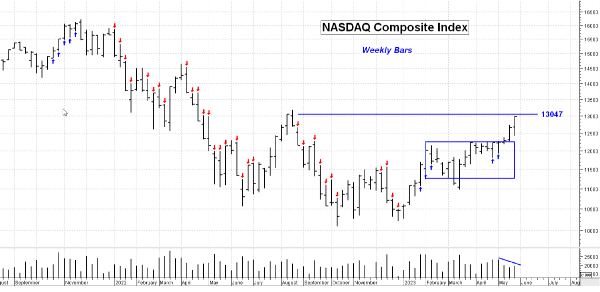
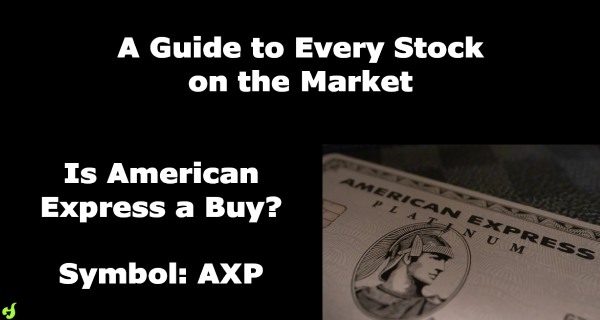
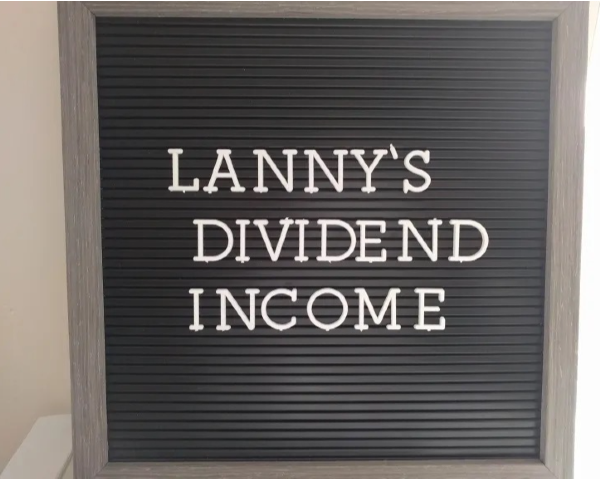

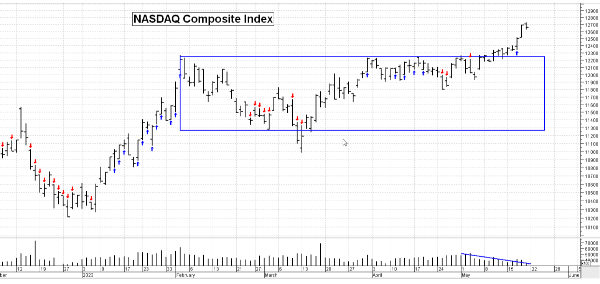
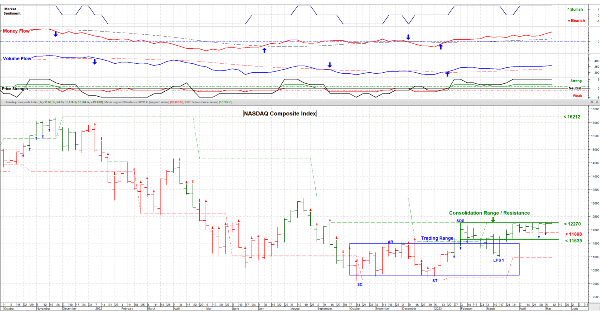
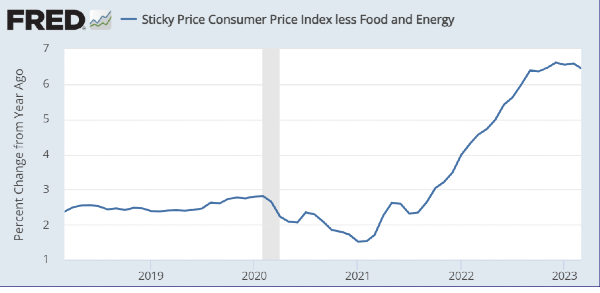

Expertise provided by Tayo Femi-Fowode
Reviewed by Chaster Johnson
What are the Pros and Cons of Value Investing?
PROS
CONS
What are the Benefits of Value Investing?
Value investing provides a grounded strategy to achieve success in the stock market. The strategy provides a baseline process to assess an investment that is clear and understandable. The mathematics behind value investing is very simple for anyone to understand, and the logic behind the strategy can be universally understood.
Lower Risk, Higher Return
The value investing strategy will achieve higher returns for the risk you’re taking on. This ratio of risk to reward ultimately means you can grow your money consistently. Over the longer term, consistent returns will convert into the highest returns.
Warren Buffett chooses stocks like Coke and Apple that anyone other investor could have chosen. His fortune really comes from consistent growth in the stock market.
Getting Off the Stock Market Rollercoaster
Even though you’re using a conservative strategy, your stocks will rise and fall with the stock market. Your portfolio will inevitably be forced to ride the market’s rollercoaster. However, value investors aren’t emotionally on the rollercoaster too. Value investing grounds you and keeps you from panicking when the market gets volatile. This is because as a value investor you have buy and sell targets, so a dip in the stock market is an opportunity to buy more!
What are the Disadvantages of Value Investing?
Value investing is a slow process, and you will not get immediate feedback that your strategy is successful. It will take years for your strategy to make a return, and once you start to make a return, you need the willpower to continue holding.
The Money isn’t Fast
The biggest con against value investing is that it takes time. This is a huge hurdle for new investors with a small amount of capital to start with. The average stock market return is about 10% annually. With value investing, you may be able to outperform the market and make 15% a year. However, if you only start with $10,000 as your initial investment, it will take 33 years to reach $1 million at a 15% rate of return.
There is also no guarantee your thesis is correct. Black swan events occur that will decimate your investment for years to come. Or worse, it may take years for you to find out your investment decision was incorrect. There was a mistake in your analysis. Maybe you overlooked a competitor that was threatening your company. These risks can be mitigated with proper, upfront, analysis. But you always run the risk of tying up capital for years on an investment that will not make money.
You must really believe in yourself.
Tayo Femi-Fowode gives a great example of questioning ones investment decisions. A graduate of Columbia Business School, even Tayo questioned his decision making when an opportunity presented itself:
Is Value Investing Better than Trading?
Value investing is better than trading in the following ways:
Tayo Femi-Fowode had a great analogy for value investing and stock trading:
Is Value Investing Difficult?
Value investing is easy to learn, hard to sustain, and difficult to master. Value investing is great for beginner investors because the concepts are intuitive and the math is simple. Value investing is difficult in terms of your discipline. It boils down to your psychology and your temperament.
Can you really buy a company, see it go up, and continue to hold while you let it go up. As a value investor, yeah, that was what you expected. But can you also see a company go down, and think it’s even better than where you bought it for, and double down? That practice is counter intuitive. When it goes down, everyone wants to go out. When it goes up, you want to sell instead of hold.
It is difficult from the self-discipline standpoint. Many investors struggle with it. It’s really hard to double down on a company that halved in price. If you’re not convinced in your own analysis, it’s really hard to add to your position. But that fundamentally is what you do as a value investor because when the stock plunges, that’s where the value comes from. That’s when you need to buy.
Finding the Value Created by a Business
At Columbia Business School, they taught a value-based strategy. They would ask “where can the business create value?”
Some of the ways a business can create value:
For stocks selling above their intrinsic value, you have to investigate why:
The key is to discover what their sustainable competitive advantage is.
The Bottom Line
Value investing is great for investors that have the patience to wait for their investments to grow and the self-confidence to believe in their stock analysis. Value investing has lower volatility than trading and is also less stressful. Once you buy your stocks, you let them sit for years.
https://youtu.be/Je0_kbxQHis